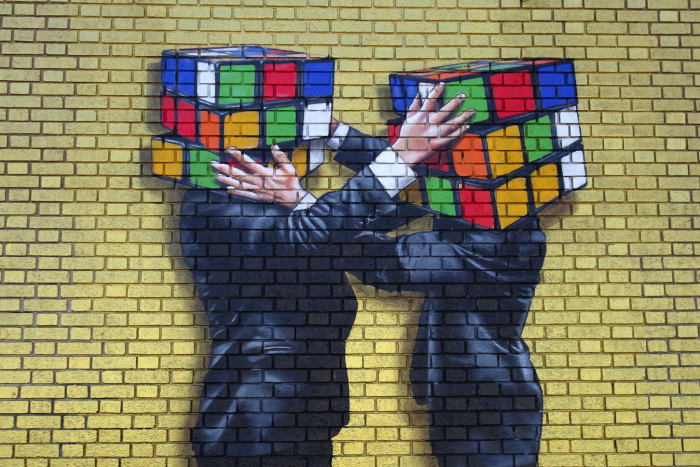A few years ago, I found myself blaming the world around me for not having people around when I needed them.
I thought everything was always everyone else’s fault, and I didn’t value my friendships enough at all. I will shamefully admit that I completely misread and misunderstood what it really meant to be a friend.
Not only was I a crappy friend, I completely didn’t see what was actually in front of me and how many friendships I did actually have.
We cherish our friendships and relationships; they are one of the most important things to us as people and also for humanity. It is a natural instinct for us to connect with others, and as we have evolved through the generations, we naturally want to be amongst others, even if that means just having the knowledge that others are around when we need them.
In my own relationships with my friends, family, and children, neuro-linguistic programming (NLP) has impacted the way I friend and the way I show up for the people around me who I deeply care about. It’s also helped me be there for myself and release a lot of judgment I used to hold toward myself. When I learned NLP, it helped me see what was really in front of me and notice all the friendships I actually had that I hadn’t noticed before.
There are so many cases where we misunderstand the people around us, jumping to conclusions about things and putting our own meaning to other people’s words. When, if we just take a step back for a moment and take in what has actually been said, then we would find ourselves having less conflict in our lives in general and truly hear what people are saying to us without our own distorted view on reality when it isn’t necessarily true.
My previous distortion of reality was that I was all alone, and I was a victim. I perceived this because I had tons of limiting beliefs about not being good enough, not being worthy of having good things, and not being able to hold down healthy, successful relationships until I met my husband.
Neuro-linguistic programming teaches us about the way the mind works, how we think, why we think the way we think, and how we view reality. It also teaches us about our behaviors, why we behave the way we do, and how to make changes to things if we are not fully satisfied with how things currently are.
I learned that I had a distorted view of the world and my place in it. In fact, my world was a dark and bleak place to be until I learned about the power of the mind and why I was viewing my world in this way.
The first thing that helped me, and mostly, was just having this understanding and being able to ask myself better questions when things felt negative or if I found myself projecting my own meanings onto other people.
Here are a few ways NLP helped me to change how I think, be a better friend and support to loved ones, and brightened up my world:
1. Respect for the other person’s model of the world.
This comes from the presuppositions of NLP and the mindsets of NLP. It’s the assumptions and beliefs that we have.
To start with, you’d have to define your own “model of the world.” Then start saying, “Be kind to yourself.” This really helps you to be kind to yourself the way you want to be communicated to.
2. Empowerment and taking personal responsibility.
The saying “happiness is an inside job” really comes into play here. We have to remember that if our friends do not respond to us or call us back, it usually is nothing personal. It’s just that they are busy, didn’t see it, or meant to return the call/message but just haven’t yet got around to it.
Take responsibility to be the one to follow up their messages, call them back and follow up with the people you haven’t spoken to in some time.
If you’re in a relationship, whether it’s a friendship or a love relationship, you may not be happy. You put the blame on them. So they’re the reason you’re not happy because they’re doing this and that. Now, the chances are, they have no idea that you’re experiencing that if you don’t communicate to them effectively, and it’s also possible that you are projecting onto them limiting beliefs that you have about yourself (like I did).
When we really understand that happiness is an inside job and take responsibility, we can enjoy our friendships more and have a much better quality of relationships.
3. Understanding someone’s love strategy.
We all have different strategies that we run in terms of how we feel loved and how we feel wanted and heard. Everything we do is in an order and sequence of behaviors. So, we want to understand what our friends’ love strategies are so we can ensure we meet them if they ever need some extra support.
If you’re a visual person, for you to feel loved, you have to see it. For example: buying you flowers, giving you a gift, seeing messages from friends—seeing these things makes you feel loved.
If you are auditory, this means you want to hear the words of encouragement. If you are kinesthetic, this means that you prefer hugs and maybe more of a hugger. When you know this about your friends, you can really support them when they need you, and you will feel much more connected.
When we take stock of everything, it all boils down to communication, really.
Communicating with your loved ones, your friends, and yourself in the deepest way possible to support yourself and your friends to feel heard and respected.


 Share on bsky
Share on bsky





Read 0 comments and reply